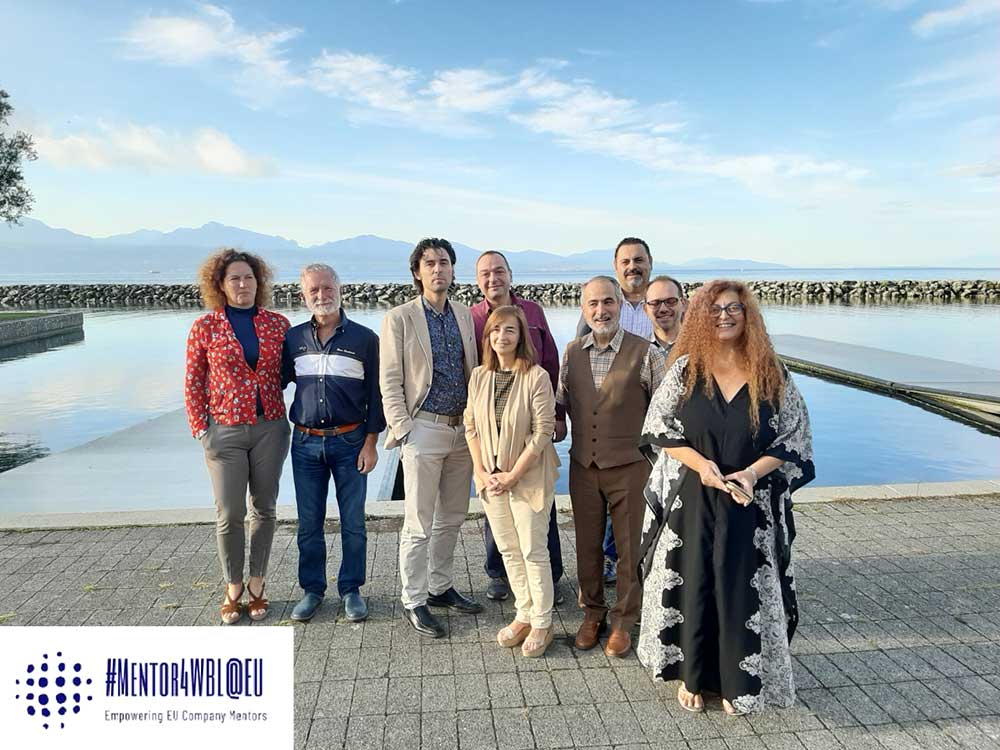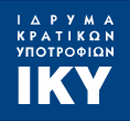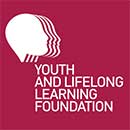The project “Mentorship Evaluation aNd Training in ORganisations for WBL at EU” was carried out in the framework of KA2 “Cooperation for innovation and the exchange of good practices in the field of Vocational Education and Training”. Its theme, compliant with the initiatives of the European Union to increase the duration of apprenticeships and traineeships, covered the provision of guidance, support and facilitation to mentors for ensuring their successful contribution to the learning process.
Who participated
The “Mentorship Evaluation aNd Training in ORganisations for WBL at EU” project (#Mentor4WBL@EU) brought together the Institute of Small and Medium-sized Enterprises of the Hellenic Confederation of Professionals, Craftsmen, and Merchants (IME – GSEVEE), as project coordinator, with agencies from Great Britain, Sweden and Turkey.
All partners had previously participated in European Union programs and possessed the necessary skills to contribute to the implementation and completion of the project.
Project objectives
The concept of Work Based Learning is of critical importance in vocational training, as it helps learners acquire the knowledge, skills and competences necessary for their working life.
Although at the heart of Work Based Learning and the European Framework for Quality and Effective Apprenticeships, mentors very often lack support and guidance.
At the same time, there is need to develop standards and qualifications that testify to knowledge, competences and skills and that ensure adequate assessment for valid certification.
The Erasmus+ “Mentor4WBL@EU” project aimed to create a specific process for the selection of mentors for Work Based Learning. More specifically, the project objectives were as follows:
- Developing ECVET-compatible qualifications for ensuring high quality in-house mentoring.
- Strengthening the mentors’ skills in Work Based Learning with focus on learners and the use of ICT.
- Developing partnerships to ensure relevance to the labour market through the provision of high quality Work Based Learning and access to Lifelong Learning.
- Strengthening transparency, recognition and validation of skills and qualifications through an online platform which will be used as a means to test the above.
- Strengthening prior education to facilitate transition from education to work.
Project activities
In the framework of Erasmus+ “#Mentor4WBL@EU” project, a number of activities and results were organized and achieved respectively, such as:
- Design of courses and curricula for mentors.
- Development of a plan for the certification of mentors.
- Creation of an e-course and platform.
- Construction of a platform for online certification of skills.
- Pilot implementation of e-training and of the certification system.
- Report on the exploitation of the results.
Project impact
The aim was for Erasmus+ “#Mentor4WBL@EU” project to contribute to the institutionalization of mentoring and the regulation of professional rights for mentors. The project impact can be summarized in:
- Developing the skills and competences of in-house mentors.
- Improving the quality of apprenticeships and traineeships.
- Creating quality Work Based Learning environments.
- Strengthening cooperation for the certification of mentors according to a uniform methodology.
- Exploitation and dissemination of an electronic platform and online course at national level.
- Certification of the mentors’ skills.
- Increasing the mobility of certified mentors in Europe.
- Use of the manual concerning the certification system of the mentors and the e-evaluation platform by other stakeholders.
Find out more about the Erasmus+ #Mentor4WBL@EU project and draw inspiration from other good practices.








